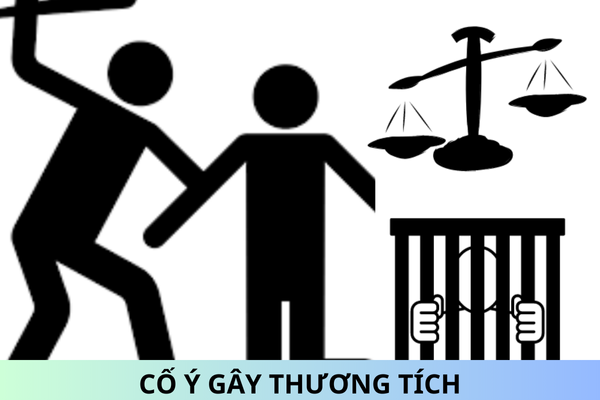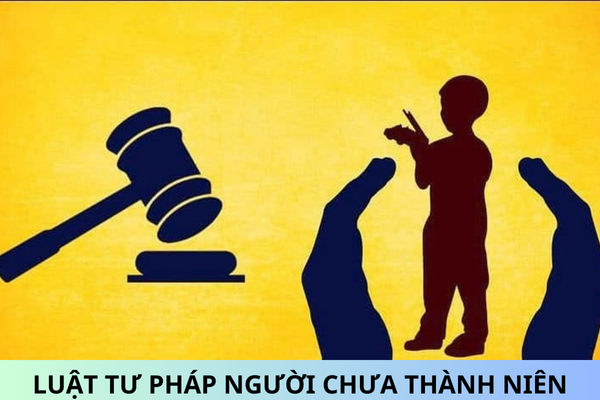Are illegal acts considered violations of law according to the law in Vietnam?
- Illegal act: This refers to an act carried out not in conformance with the law, manifested in forms such as: doing something that the law prohibits, not doing something that the law requires, or doing something that exceeds the legal limits.
- Violation of law: This refers to an illegal act committed by a subject with legal responsibility, involving fault and infringing upon the social relations protected by law.
Thus, a violation of law must first be an illegal act, but not all illegal acts are necessarily acts of legal violation.
Article 173 of the Criminal Code 2015 (amended in 2017) in Vietnam stipulates as follows:
- Anyone who steals assets of another person valued from VND 2,000,000 to less than VND 50,000,000, or less than VND 2,000,000 but falls under one of the following cases, shall be subject to non-custodial reform for up to 03 years or imprisonment from 06 months to 03 years:
a) Has been administratively sanctioned for infringing on property but still commits the violation;
b) Has been convicted of this crime or one of the offenses specified in Articles 168, 169, 170, 171, 172, 174, 175, and 290 of this Code and has not had the conviction expunged but still commits the violation;
c) Causing bad impact on security, order, and social safety;
d) The asset is the primary means of livelihood of the victim and their family;
e) The asset is a relic or antiquity.
...
According to Clause 1 Article 12 of the Civil Code 2015:
Persons from 16 years old and above must bear criminal liability for all crimes, except for those crimes that this Code stipulates otherwise.
Thus, theft is an act that violates criminal law; however, not everyone who commits theft is prosecuted criminally, as it depends on whether the elements of the crime are satisfied.
Respectfully!










